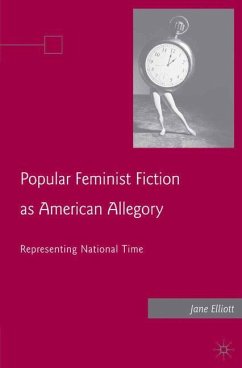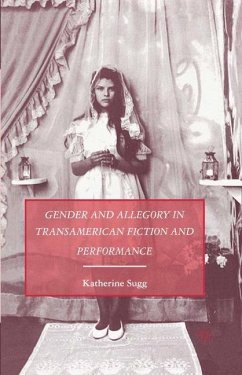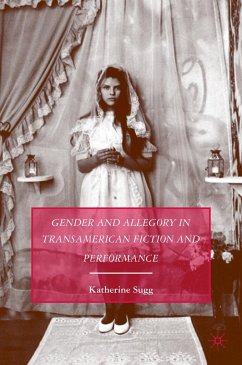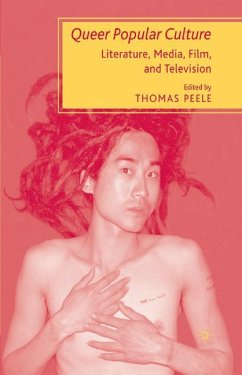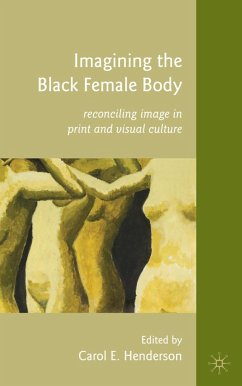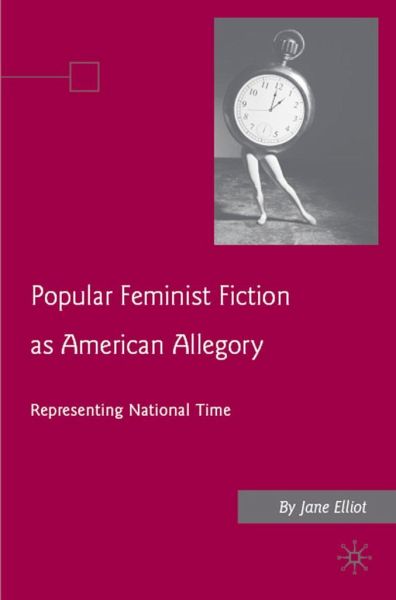
Popular Feminist Fiction as American Allegory
Representing National Time
Versandkostenfrei!
Versandfertig in 6-10 Tagen
38,99 €
inkl. MwSt.
Weitere Ausgaben:

PAYBACK Punkte
19 °P sammeln!
This book argues that popular feminist fiction provided a key means by which American culture narrated and negotiated the perceived breakdown of American progress after the 1960s. It explores the intersection of two key features of late twentieth-century American culture: the sense that the nation could no longer be guaranteed to progress to a better future, and the growth of second-wave feminism.



